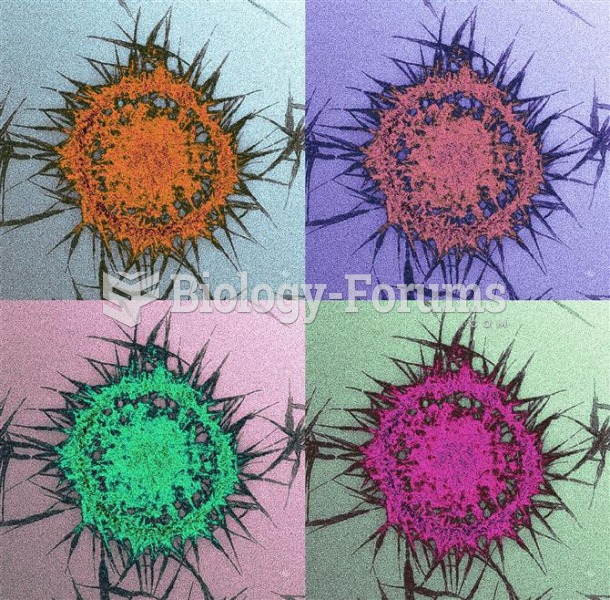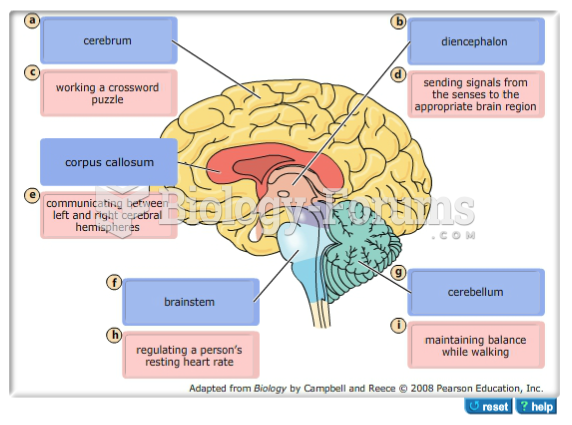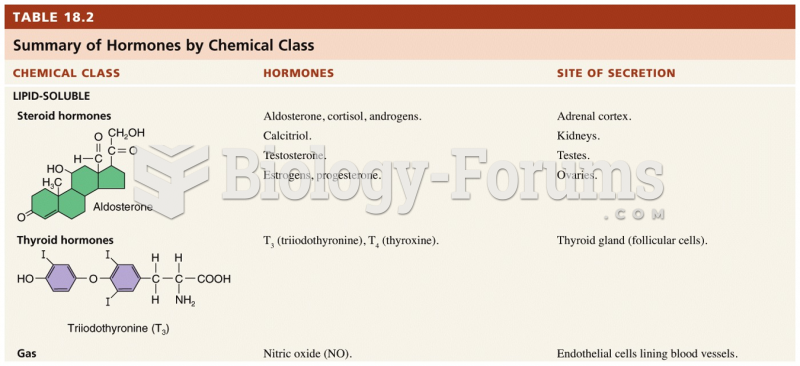This topic contains a solution. Click here to go to the answer
|
|
|
Did you know?
Methicillin-resistant Staphylococcus aureus or MRSA was discovered in 1961 in the United Kingdom. It if often referred to as a superbug. MRSA infections cause more deaths in the United States every year than AIDS.
Did you know?
The average older adult in the United States takes five prescription drugs per day. Half of these drugs contain a sedative. Alcohol should therefore be avoided by most senior citizens because of the dangerous interactions between alcohol and sedatives.
Did you know?
Excessive alcohol use costs the country approximately $235 billion every year.
Did you know?
The horizontal fraction bar was introduced by the Arabs.
Did you know?
Cytomegalovirus affects nearly the same amount of newborns every year as Down syndrome.








